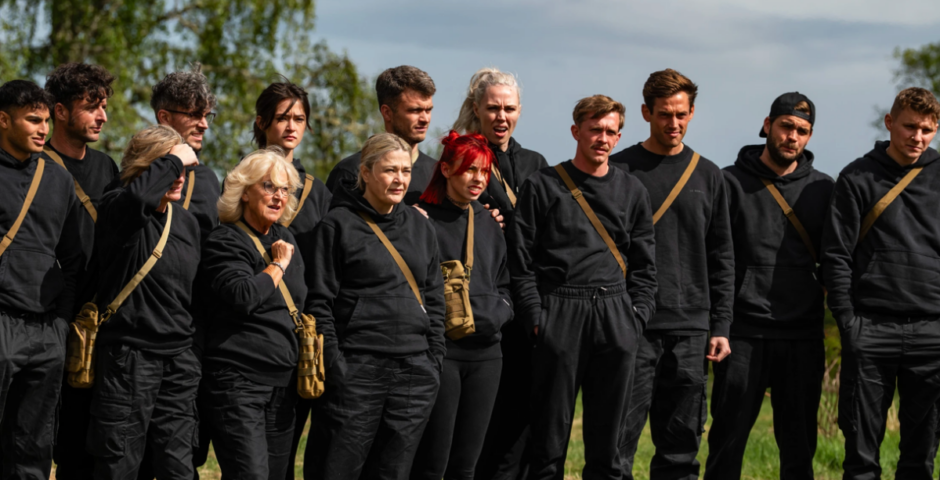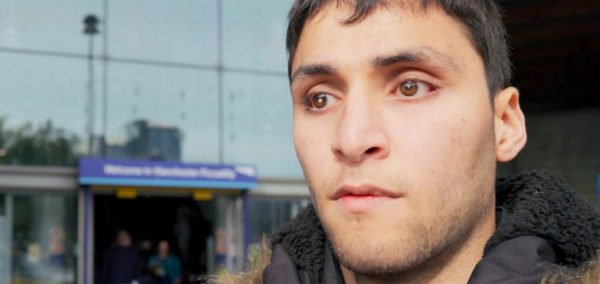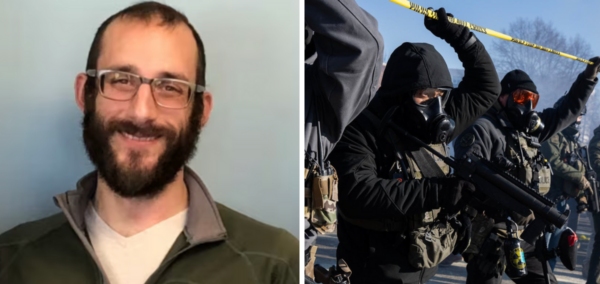
Here are the 11 questions police officers must now ask under the Gabby Petito Act
It’s designed to protect domestic violence victims
The new American Murder Gabby Petito documentary has captured the world with the devastating story of how the 22-year-old was murdered by her boyfriend Brian Laundrie.
However, the Netflix show ends with a far more positive message, revealing her parents have changed the law to offer more protection to victims of domestic violence like Gabby.
The documentary mentions 11 questions police officers are now required to ask, but what are they? Here are all the details of the life-changing new act.

Credit: Nomadic Statik/YouTube
What is the Gabby Petito Act?
Senate Bill 1224, also known as the Gabby Petito Act, was passed in Florida in 2024 and requires law enforcement to assess the risk of domestic violence victims.
When responding to a domestic violence call, police officers in Florida must ask a series of questions to assess the victim’s risk, the Gabby Petito Foundation explains.
It’s designed to help them determine if the victim is at risk of being killed or seriously injured after domestic violence towards Gabby Petito went unnoticed in Moab.
The 22-year-old and her boyfriend Brian Laundrie were pulled over in response to a 911 call where someone claimed they saw him “slapping” her in the street.
Officers declared Gabby the “aggressor” as she told them she had hit him first, decided not to press charges and even booked Brian a hotel as he was the “victim”.
Gabby’s mum said that if law enforcement had used a lethality assessment, her daughter would still be alive.
Here are the 11 questions
The documentary claimed there were 11 questions, although the act lists 12:
- Did the aggressor ever use a weapon against you or threaten you with a weapon?
- Did the aggressor ever threaten to kill you or your children?
- Do you believe the aggressor will try to kill you?
- Has the aggressor ever choked you or attempted to choke you?
- Does the aggressor have a gun or could the aggressor easily obtain a gun?
- Is the aggressor violently or constantly jealous, or does the aggressor control most of your daily activities?
- Did you leave or separate from the aggressor after you were living together or married?
- Is the aggressor unemployed?
- To the best of your knowledge, has the aggressor ever attempted suicide?
- Do you have a child whom the aggressor believes is not the aggressor’s biological child?
- Has the aggressor ever followed, spied on, or left threatening messages for you?
- Is there anything else that worries you about your safety and, if so, what worries you?
Most Read

Credit: Moab Police Department
What happens next?
After the questions are asked, the police officer can then connect the victim with resources like counselling, legal aid, or a shelter, Fox 13 reports.
If the person answers “yes” to four or more of questions 5-11, they are legally required to refer the victim to the nearest certified domestic violence shelter.
Referral to a domestic violence shelter may also be required depending on the victim’s answer to question 12.
Regardless of whether an arrest is made, the officer must also write up a police report that clearly indicates it was a domestic violence incident.
“It’s to make sure people know where to go when these questions are asked,” Gabby’s dad Joseph Petito told the Florida Senate Committee.
“They can answer ‘no’ to all the questions, but an officer’s intuition might tell them they’re still in a bad situation and say, ‘let me get this advocate on the line’.”
“Most people don’t know where to go when it comes to services and what services they have at their disposal. Not everybody needs a shelter.”
“Not everybody needs financial guidance or a pro bono lawyer, but they do need to know how to get out of a situation safely.”
For all the latest Netflix news, drops, quizzes and memes like The Holy Church of Netflix on Facebook.
Featured image by: Netflix



















